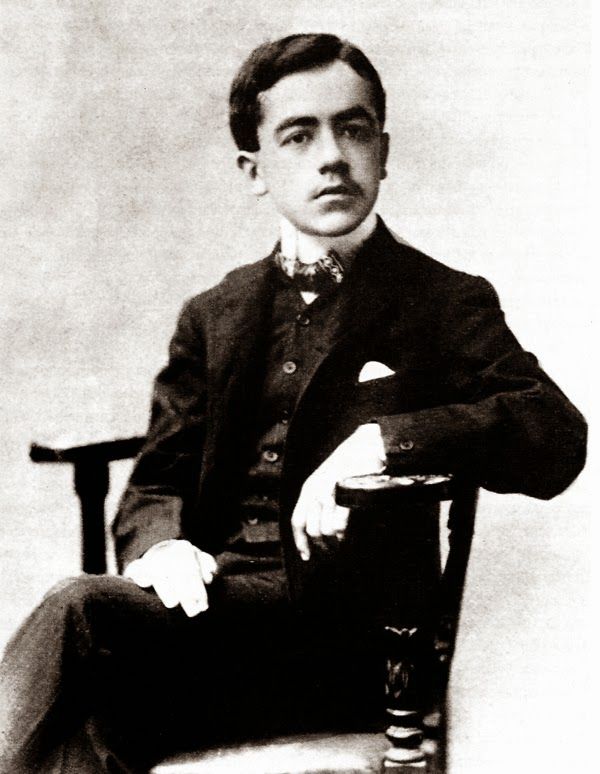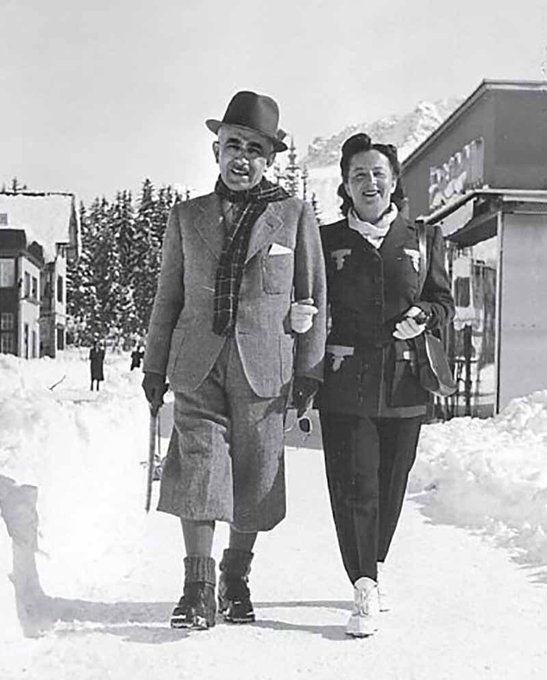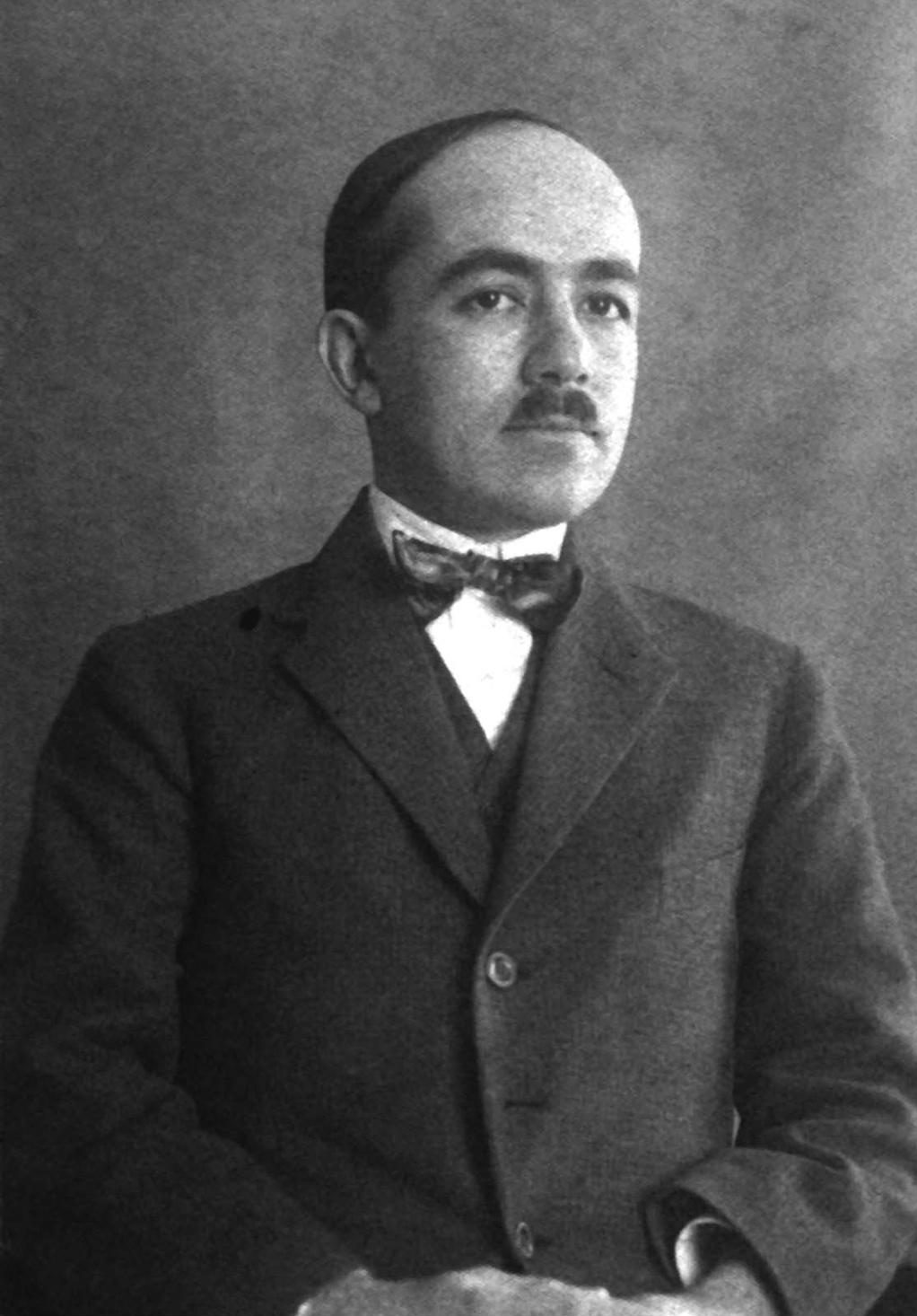Famous Guests of Pera Palace Hotel… Yakup Kadri Karaosmanoğlu
Pera Palace Hotel, the pearl of Beyoğlu, has hosted many well-known personages from past to present. Besides Mustafa Kemal Atatürk; Many world-famous characters in the disciplines of art, politics, cinema, and literature are among the guests of Pera Palace Hotel. Bulgarian King Ferdinand I, Romanian Queen Marie, famous actress Greta Garbo and popular writers Ernest Hemingway and Agatha Christie are just a few of these guests. These names increased the historical and cultural significance of the hotel as well as its architectural significance. Among those who pass by the hotel, a personality is considered one of the most influential names of modern Turkish literature: Yakup Kadri Karaosmanoğlu…
A Full Life that Starts in Cairo and Ends in Ankara
Novelist, translator, reporter, and politician… Yakup Kadri Karaosmanoğlu; He is shown as one of the most valuable names of modern Turkish literature with his plays and his printed works such as books, memoirs, and articles, which he put into his 85-year life. Born in Cairo on March 27, 1889, Yakup Kadri began his education life in Manisa. After his father’s death, Yakup Kadri, studied in Izmir High School, returned to Egypt, and attended a French high school there. Then, he left Istanbul Law School, which he started in 1908, by going to Istanbul. In the same years, thanks to his friend Şahabettin Süleyman, he met the Fecr-i Ati society, a school of literature established after the Young Turk Revolution, and stepped into the world of literature. This group, whom he later met in the early years of his literary career, greatly influenced his work.
A Versatile Writer Who Believes in Making Art for Art

Yakup Kadri started his writing career in magazines called Ümit, Servet-i Fünun, and Resimli Kitap. He wrote articles to understand “art for art” advocated by the Fecr-i Ati group he joined. Yakup Kadri, who wanted to know Turkish society like the palm of his hand, made intense observations in order to achieve this goal. As a result, he produced works that depict traditional and everyday life in all its details. Therefore, it is possible to see many of his writings, especially his novels, as a documentary of the social conditions of his era. With his works, Yakup Kadri both documented the daily life of his time and criticized it for thinking it was corrupt. According to him, the Turkish society of his time gradually lost its cultural and social ties with the past. Turks, who emulated European-style Western traditions and lifestyles, slowly moved towards a life disconnected from their own culture. Yakup Kadri created such characters, especially in his novels, and tried to punish them. This style was also his most significant criticism of the new Western life.
A Respected Politician Alongside His Authorship

Yakup Kadri wrote in a rich literary style that developed according to the day’s conditions throughout his writing career. He drew attention with his intense research on 20th-century Turkish society and traditional Turkish life. Especially his political identity and the opportunities it brought made an outstanding contribution to these researches. He was invited to Ankara by Mustafa Kemal Atatürk in 1921 because he knew French well, studied law, and wrote articles for contemporary newspapers. Yakup Kadri, one of the important political figures for the War of Independence, traveled all over Anatolia thanks to his political identity and witnessed people’s lives firsthand.
The writer became a deputy of Mardin in 1923 and Manisa in 1931. Along with his political identity, he continued to write novels and perform journalism. In 1932, he founded a magazine called Kadro with Vedat Nedim Tör, Şevket Süreyya Aydemir, Burhan Asaf Belge and İsmail Hüsrev Tökin. However, the life of this magazine was not as long as expected. The magazine’s publication was discontinued in 1934 because some of the views in it were found excessive. Yakup Kadri was appointed to the Tirana embassy after this event. He was appointed to the Prague embassies in 1935, La Haye in 1939, Bern in 1942, Tehran in 1949, and Bern again in 1951. After May 27, 1960 coup d’etat, he was elected as a member of the Constituent Assembly. The last task of his political life was the Manisa deputy between 1961-1965. He managed to maintain his political identity as well as his authorship until his death.
An Emotional Novelist With His Devotion to Turkish Culture and Intense Nostalgic Expression

There is an intense nostalgic expression in Yakup Kadri’s works. It is possible to explain this situation with Karaosmanoğlu’s sense of mystical nostalgia for his childhood and his interest in mythology. Yakup Kadri also reflects his interest in Turkish history in his works; He emphasized the nationalist movement of the War of Independence period and the importance he attached to adhering to Turkish culture and history.
In addition to all of this, thanks to his creativity and advanced aesthetic understanding, he created novel characters with the most delicate details. He made very successful fiction with sharp insight. Being a politician also enabled him to observe and criticize the problems of the society of his time openly. This situation was also reflected in his realistic style of expression. The departure of Yakup Kadri, who passed away on December 13, 1974, left an irreplaceable void in the history of Turkish culture and literature and the hearts of his admirers.
These Articles May Also Interest You:


